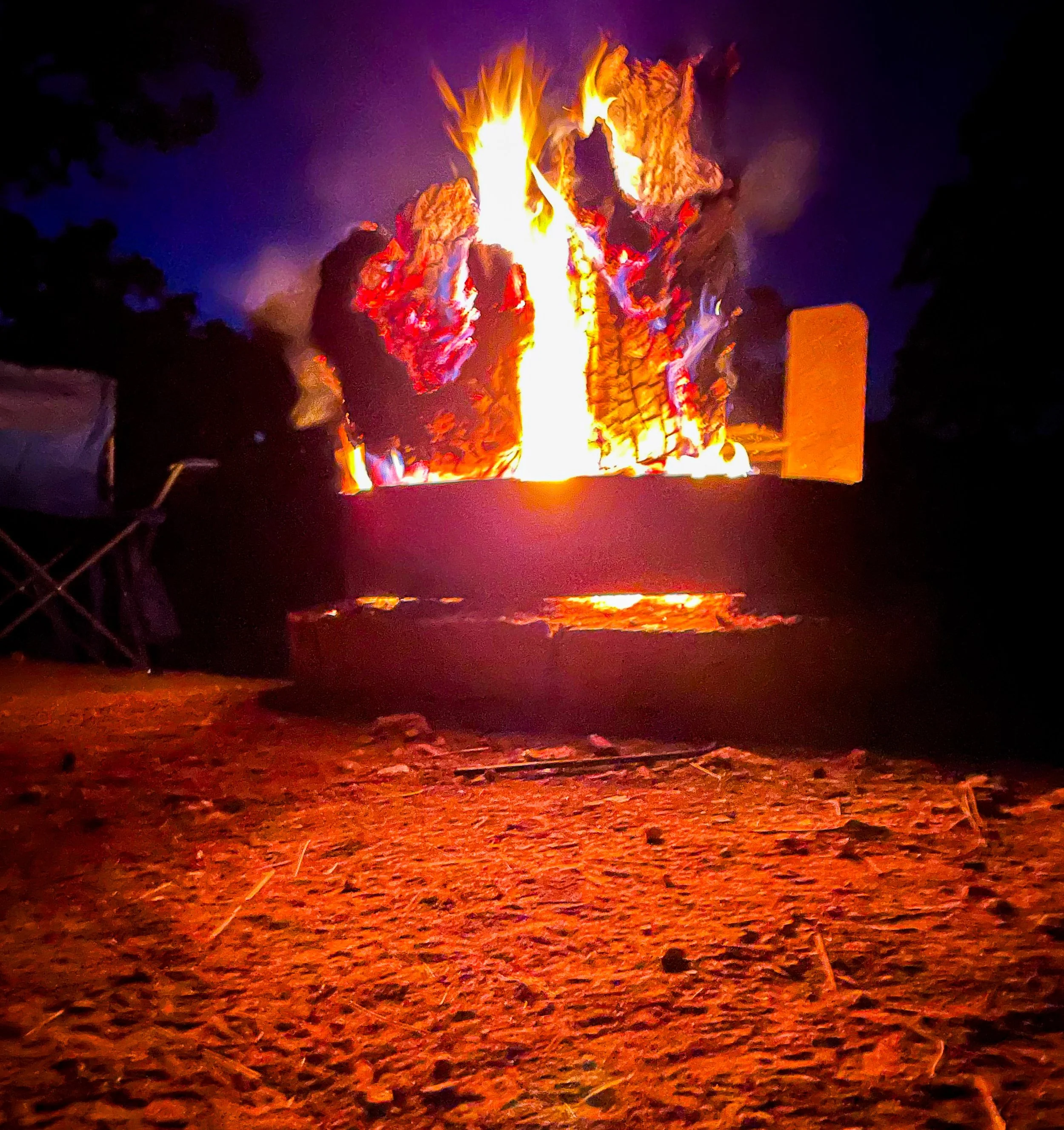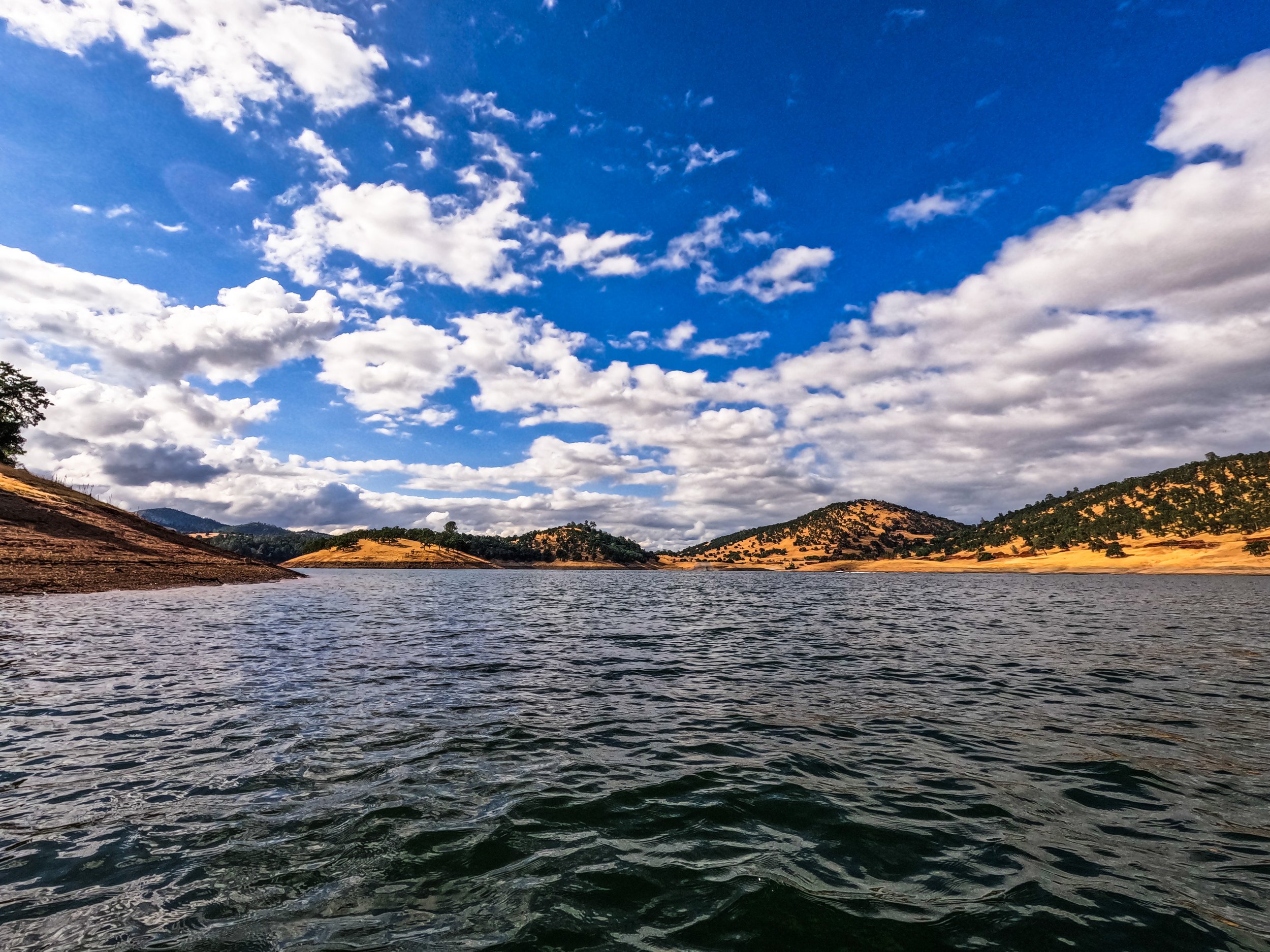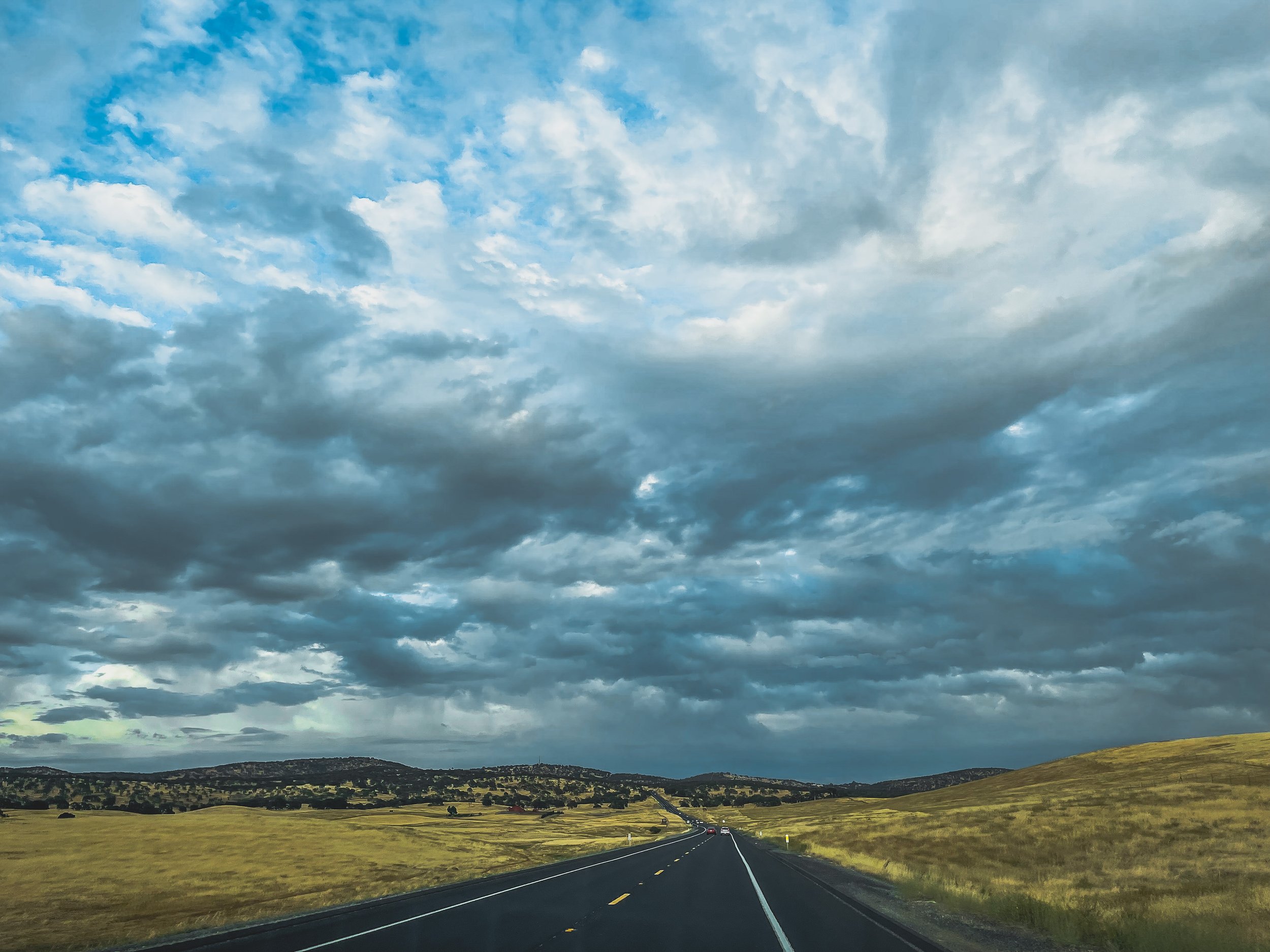Long-sighted
Recently I've been entranced by the history and art of movies. I've consumed a ton of "The Rewatchables" podcast, produced by The Ringer and hosted by Bill Simmons, who seems particularly in tune with pop culture. In each episode the hosts pick a 'rewatchable' movie and detail its production history before debating over categories like 'most rewatchable scene,' 'what's aged the best/worst,' 'who won the movie,' etc. Having watched a lot of movies over the course of my life, I've enjoyed revisiting the classics through this podcast and hearing interesting tidbits about various actors or directors. The hosts seem to be having so much fun, writing and podcasting about popular culture and its aspects they find intriguing.
I've struggled to find a new blogging cadence since my month-long hiatus. TAV is my passion and purpose, but it's been challenging to balance it with my day job in product management. So I routinely question - what should I do with my time? Should I pursue a meaningful career that offers those coveted P's of passion and purpose, or should I maximize my income and find fulfillment in my personal time? Many people deal with this conundrum - in the modern world, it's one of the pitfalls of becoming an adult. For me, it helps to consider the big picture, to view life on the largest possible scale across time and space. This offers perspective and removes some of the personalness of the debate that can sometimes lead to feelings of overwhelm or depression.
The reality is 99.9% of people are forgotten within 2 generations. People rarely know their great-grandparents, the lucky ones forming fuzzy memories of them from their early childhood at best. Most so-called "ordinary" people's lives fade fairly quickly from memory when viewed from a large enough timescale, even a mere 100 years. Case and point: all 4 of my grandparents have been significant influences on my life. They shaped who I am today and the course of my life. But this will likely not be true for my children. Two of my grandparents are already gone, so there will be no physical connection between them and any children I may have. My two surviving grandparents are likely to only be around for my children's early years. I have vague memories of my great grandparents, and their influence passed to my grandparents, to my parents, to me, but I cannot truthfully say I "remember" them, and I certainly don't know much about their lives before old age.
New Melones Lake from the paddle board. Shot with the GoPro
This appears to be a harsh fact of our existence. It can feel even more uncomfortable when considering ourselves. I will likely be forgotten within 100 years. What kind of person I am, how I made others feel, my best memories and hardest challenges... it will all be lost to history, most likely. My children will remember me, and hopefully I positively influence them the way the 2 generations before me have impacted me, but a generation after that... my memory will be gone.
Think of even so-called "famous" people: Clark Gable or Judy Garland, Billie Jean King or Mickey Mantle. These names are still known, partly because it hasn’t been that long—yet I can barely think of 2 or 3 silent film stars. I can’t name any famous baseball players from the 1800’s. Maybe this is changing somewhat with better recordkeeping; first through newspapers and national coverage of news and notable events, and later through the internet and international coverage of the world; however, there’s still likely a “Dunbar’s number” equivalent for remembering famous people. A sports aficionado might know most Hall of Fame basketball players, but most casual fans only recognize the names of a small handful of great players. These notable people were incredibly well-known for decades, and yet faded into obscurity like the rest of us "ordinary" people.
The long road ahead. Gold Country this past weekend
What of the names still known hundreds or thousands of years later? Aristotle, Confucius, Cleopatra, Mansa Musa, Siddhartha Gautama, Joan of Arc, Jesus of Nazareth. These people, or at least their legend, have permeated cultures and civilizations for dozens of generations. Why is that? Why does the memory of their lives survive past the arbitrary 100-year mark? I would argue it's because these people offered something meaningful to the world, things that had lasting impact on society, civilization, or our species as a whole. Their contribution has implicated results for centuries, and we credit them for it. They weren't entertainers or pundits or athletes. They were bringers of change, those who helped society move from zero to one on something important. Often their ideas are still relevant today, still influencing how we see the world.
This isn't to disparage journalism, sports, entertainment, or any other mechanism of society. As I mentioned before, one can choose to earn a living and find meaning outside of vocation, and I don't believe there should be judgement around that. This is simply to examine our lives through the long lens of history. And while I think this may be uncomfortable at first, it also provides a freedom for our choices. Not an escape, but a true reckoning with how we want to live our lives. We can choose to dedicate them to a cause we believe will help our species, improve the universe in some fundamental way, understanding the significance of our work is not about us or our memory but about the contribution itself... or we can accept that we'll be forgotten, and enjoy life, teach our children what we believe, and find meaning outside of "work." In a way, it's not really a choice, but a surrender to the physics of our universe, without yielding fulfilment. In the end, we as humans enjoy the freedom to choose our path of meaning.



